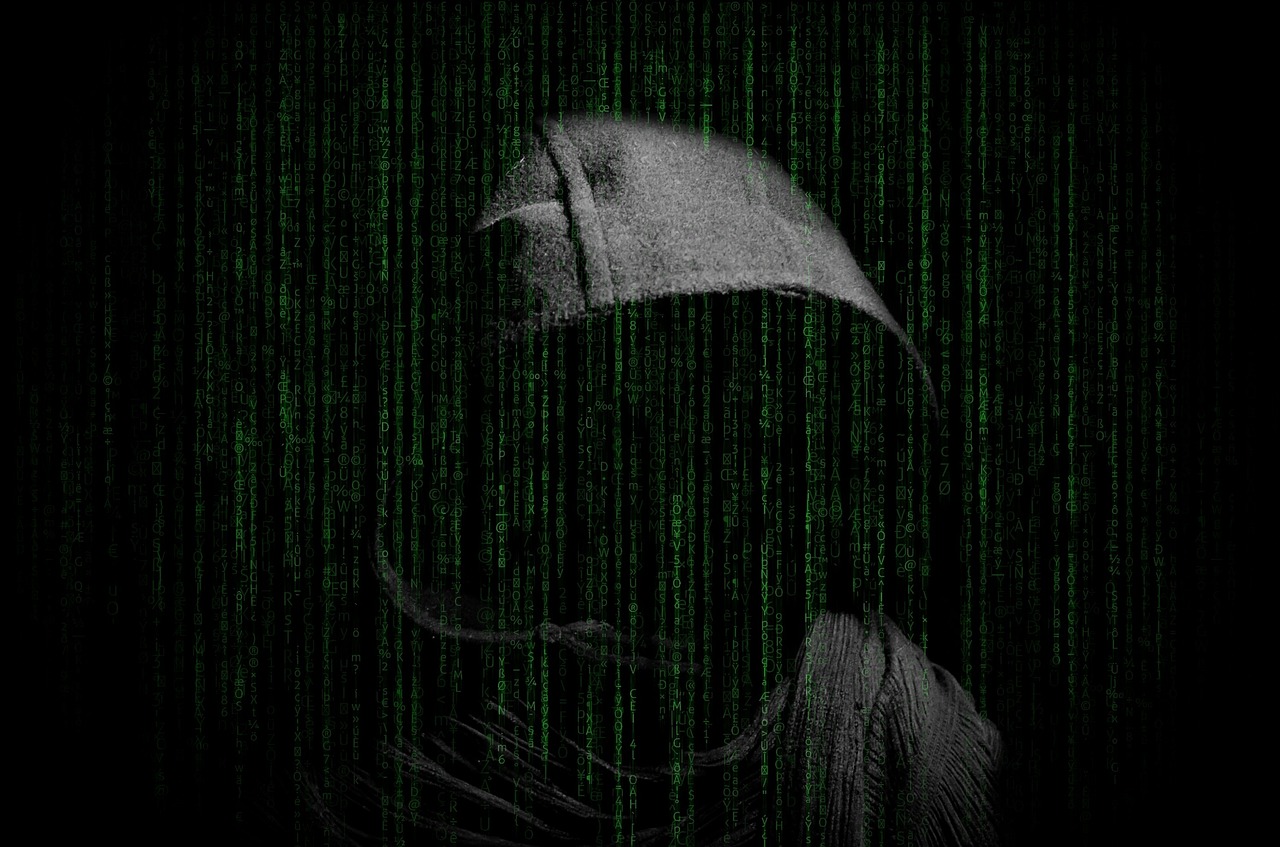In the digital age where data breaches and cyber threats loom large, a powerful ally emerges in the form of ethical hacking, offering a proactive approach to fortifying cybersecurity. Contrary to the stereotypical image of hackers, ethical hackers, also known as white-hat hackers, play a pivotal role in safeguarding systems, identifying vulnerabilities, and bolstering defenses against potential cyber attacks.
Understanding Ethical Hacking:
Ethical hacking involves employing hacking techniques and methodologies to detect and rectify security weaknesses in computer systems, networks, applications, and other technological infrastructures. Ethical hackers operate with the consent of system owners to test and evaluate their security posture.
The Role of Ethical Hackers:
Identifying Vulnerabilities: Ethical hackers simulate potential cyber attacks to discover and expose weaknesses within systems that could be exploited by malicious actors.
Penetration Testing: Conducting controlled attacks allows ethical hackers to assess the strength of defenses and provide recommendations to enhance security measures.
Risk Mitigation: By proactively identifying vulnerabilities, organizations can take corrective actions to mitigate risks and prevent potential breaches before they occur.
Ethical Hacking Methodologies:
Reconnaissance: Gathering information about the target system or network to understand its structure and potential vulnerabilities.
Scanning: Utilizing specialized tools to examine networks and systems for open ports, services, and vulnerabilities.
Exploitation: Attempting to exploit identified weaknesses to gain unauthorized access, replicating the techniques used by malicious hackers.
Reporting: Documenting findings comprehensively and providing actionable insights to the organization for remediation.
Importance of Ethical Hacking:
Enhanced Security Posture: Ethical hacking helps organizations proactively identify and address security gaps, bolstering their overall security posture.
Compliance and Regulations: Many industries have compliance standards that necessitate regular security assessments, making ethical hacking an essential practice for meeting regulatory requirements.
Cost-Effective Prevention: Identifying vulnerabilities beforehand prevents the substantial financial losses and reputational damage associated with cyber attacks.
Ethical Hacking Ethics and Legalities:
Ethical hackers must operate within legal boundaries and adhere to strict ethical standards. Obtaining proper authorization, maintaining confidentiality, and refraining from causing disruption or damage are paramount in ethical hacking practices.
Conclusion:
Ethical hacking stands as a crucial pillar in fortifying digital defenses against the ever-evolving landscape of cyber threats. By leveraging the skills of ethical hackers, organizations can proactively identify weaknesses, fortify their security measures, and stay ahead in the ongoing battle against cyber attacks. Ethical hacking embodies a responsible and proactive approach towards securing our digital world, emphasizing the importance of vigilance and proactive defense strategies in the realm of cybersecurity.
Embrace ethical hacking as a powerful tool in securing our digital future!

